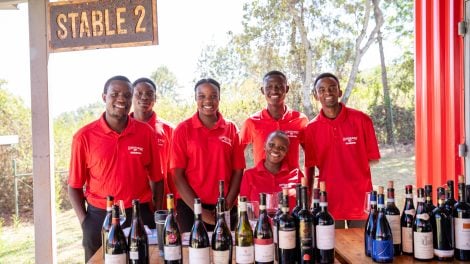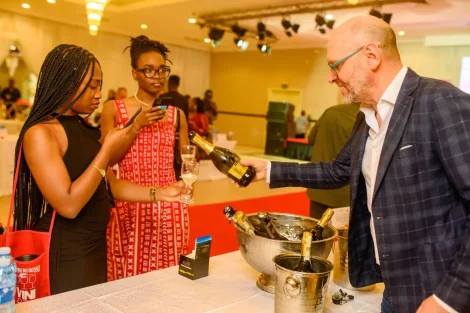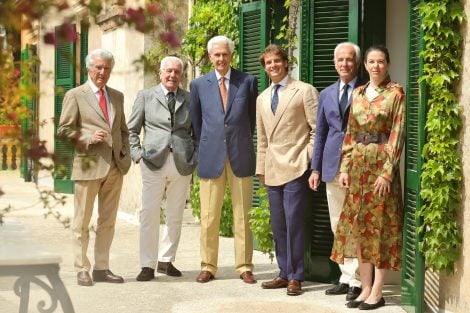Langosteria: four locations in Milan, one in Paraggi, one in St. Moritz, one record-breaking in Paris, more on the way, and a turnover of €62 million – a major name in the constellation of Italian and European luxury. We talk about the future of dining with the creator of this small – but significant – culinary empire. And of luxury. Our first question to Enrico Buonocore is plain, even banal… What’s the secret?
"Brutal question, complex answer. We've just turned eighteen, and we've built, step by step, what you see today. At the start, Langosteria had no objective other than to sustain itself. Today, we remain faithful to certain principles, despite all the adversities – from Covid to the luxury crisis that we’re experiencing globally, although no one dares to say it."
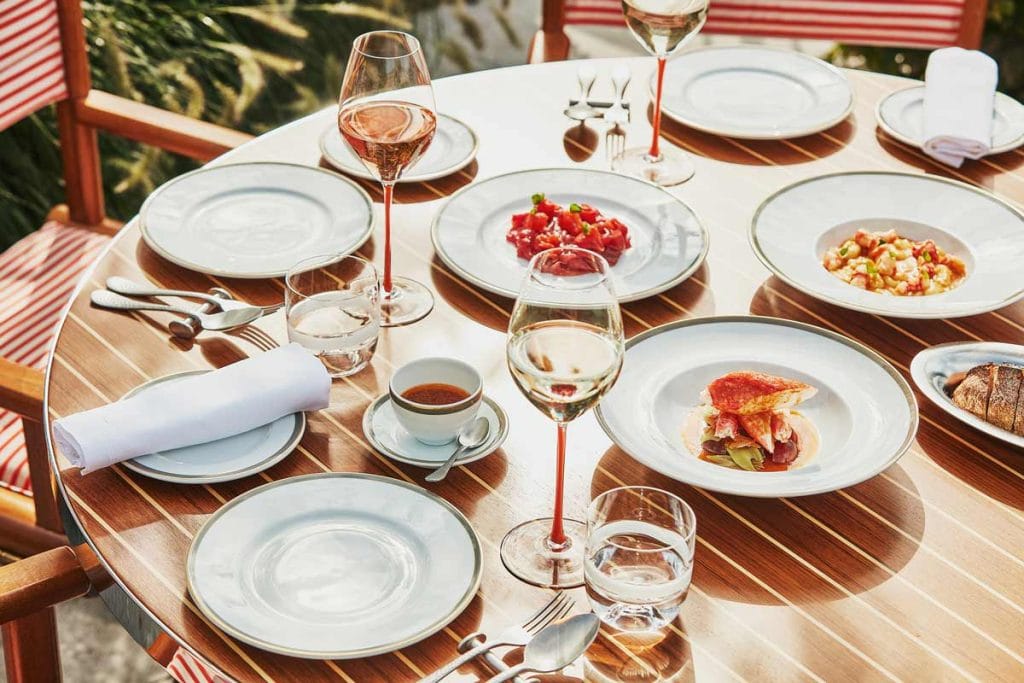
Photo by Cecile Guillaume
So the crisis affects you too?
We, thank the Lord, are experiencing one positive year after another. That’s no small feat in a country that lives only in the present and not the future – where thinking big isn’t easy. Let me tell you this…
Go on…
I’ve just moved house. A neighbour runs into me and says: I always see the lights on at night. And I say: does that seem strange to you? And she replies: but aren’t you at the restaurant every evening? People still think that having a restaurant means always being there, keeping watch – the Rottweiler guarding the gate theory.
And you don’t bark?
We’ve built an organisational model with delegation to a trained team who work together daily to achieve the goals we set and track them weekly. We’ve thought like a production company that has to replicate a hospitality model every day for a discerning clientele that understands and judges.
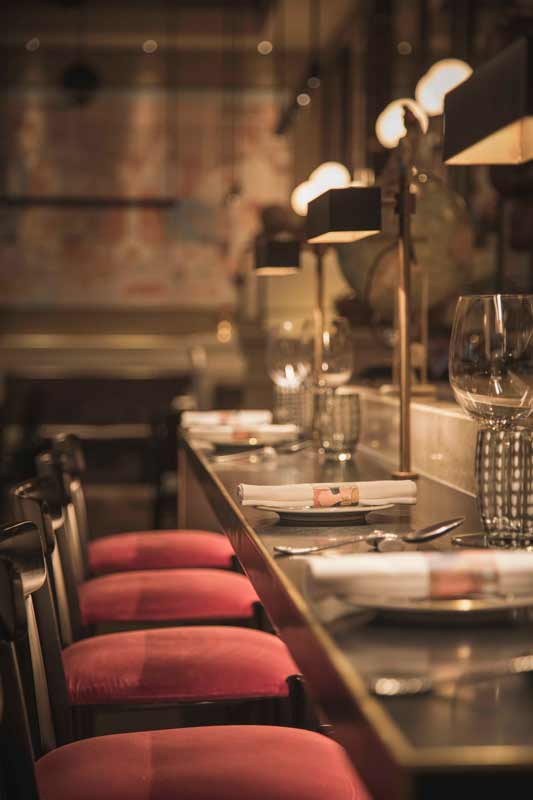
Photo by Tommy Ilai
Is eating well not enough?
No, not anymore. Today, the one thing consumers take for granted is eating well.
So what makes the difference?
You have to make people feel good. And 95 per cent of that comes from human capital. If you manage to create a community of people who believe in what they’re doing, think together, share positive and negative results, you can build something meaningful that creates value over time – and lets you see the future without anxiety.
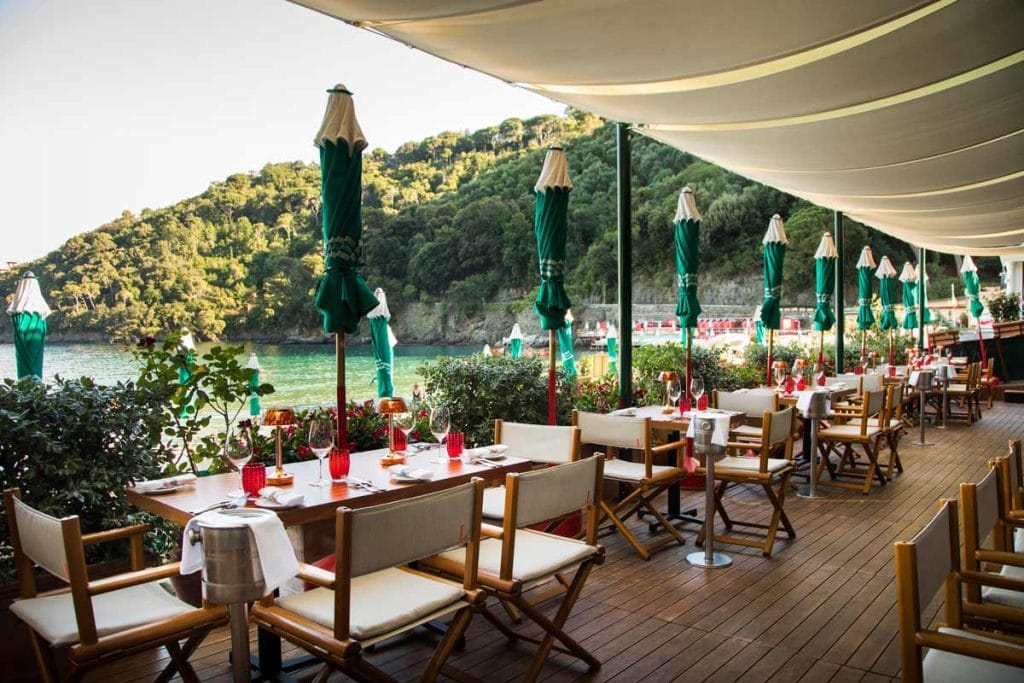
But do you belong to the luxury world or not?
We speak of relaxed and welcoming luxury, but our clients often talk about familiar luxury. I think that says it all. Anyone going out for dinner wants to be recognised, feel part of a community. One of Langosteria’s key aspects is that 50 per cent of customers each evening are regulars. That’s crucial. I see people greeting each other, chatting between tables, giving tips on what to eat.
So in that sense, repetition isn’t a limitation.
That’s the consistency in operations that matches the maintenance of production standards – but with humanity, and even with mistakes. We have a culture of mistakes.
In what way?
There was a point in our growth journey where I had the mad idea of standardising everything. But soon I hit the brakes and said: it’s not feasible. We’ve built a model where we know a dish should be made a certain way, a glass should be placed a certain way, but in the kitchen we start to love the small differences between one dish and another. Lobster linguine – our top-performing dish – must be good everywhere, but there’ll always be small variations from one day to the next, from one chef to another, from one place to another, also because local ingredients differ. What matters is that it’s always tasty, plated on the same dish, with the same portion size. That relieves a lot of pressure.
Put like that, it sounds easy…
Let’s say our management model is like a football team: a great coach organises the defence so we don’t concede goals and gives the strikers the freedom to invent.
You once said one of the things you’re most proud of is that many of your managers started as waiters or chefs. Is that true?
True. Internal growth is what I prefer, but at the same time, there are skills that only come from outside – new cultures, new ways of doing things – and so we’ve brought in managers from the market and paired them with people who had the emblem on their shirt. Sometimes the sum didn’t add up; there were moments of tension between old and new.
How did you overcome that?
With results, closeness, support, a clear progression. Today, if someone new joins, we welcome them properly, we see their value, their humanity. Our model is based on respect for rules and good manners. Manners are always the starting point – the rest can be learned, but that part is rare. Want to know what gives me the greatest thrill?
As long as it’s decent…
It’s when I go to Paris and St. Moritz – places I visit less often – and I see the right attitude in the people: that attention, that sharp eye. I feel calm. And positive energy creates great dishes, a great clientele, pleasant evenings – it gives the brand that special allure, that tangible value of exclusivity. Our restaurant is the world’s biggest club with no membership fee.
The club of lightness…
That’s the nicest compliment I could receive. Langosteria’s bill is significant – if a customer pays it lightly, it means they’re at ease and trusting the right people.
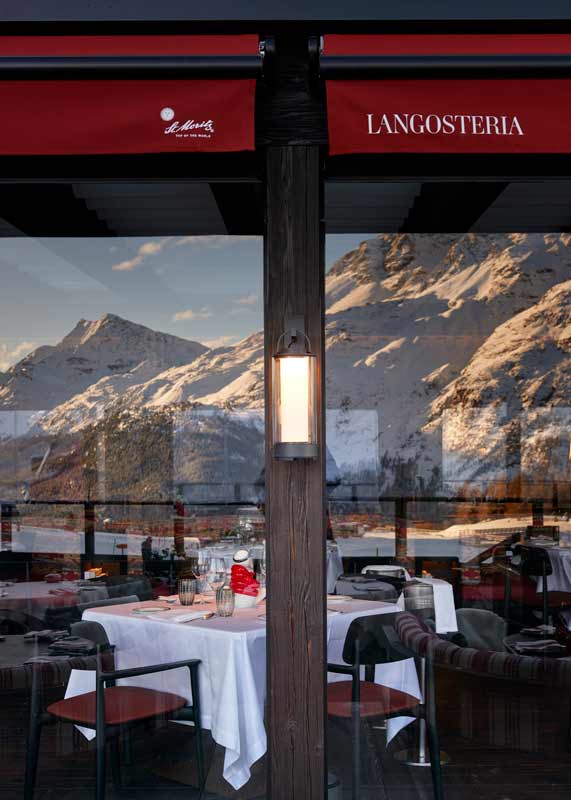
Photo by Danilo Scarpati
Is Langosteria the antidote to fine dining arrogance?
I think restaurants shouldn’t try to teach anything, but should be places of sharing. Sure, telling the story of the product is part of the experience, but you mustn’t be smug – drink the wine you want, I’m not here to teach you how. If going to a restaurant feels like punishment or judgement, something’s gone wrong.
Do you go to Michelin-starred restaurants?
There was a time in my life when I visited many. Now, less so – I’m more into trattorias. Once I went to Peru to eat at Virgilio Martinez’s. I expected a place of truth and ease, but instead found a French approach. What kind of model is it where you’re in Peru but could be anywhere in the world? Yet for many years, that was the accepted standard.
You don’t have a Michelin star. Does it bother you?
It’s a question many ask me. These days I only think about it in November when the stars are awarded. It’s no longer a sore point.
So it used to be…
You see, on one hand, I find it deafening that especially Langosteria in Via Savona doesn’t have a Michelin star – from my perspective, it’s almost a mistake by the guide. I believe that since 2013 Langosteria has been well above the average of starred restaurants. So I always wonder, if one day someone woke up and offered it to me – what should I say?
Why do you think that is?
I think the reason is me. I’ve never been a chef, and stars go to chefs. Giving one to Buonocore would mean admitting you don’t need a great chef. A few days ago, I spoke with their representative, Marco Do, who told me again that Michelin doesn’t review restaurants – it recommends them for travellers, highlights the best. And since we are the best, everyone knows where we are. We don’t open in Montecuccoli – we open in St. Moritz among luxury villas, in Paris on the seventh floor of a hotel owned by a man who holds the most luxurious companies in the world. We’ll soon open in London in the city’s most beautiful building – The OWO with the powerful Hinduja family.
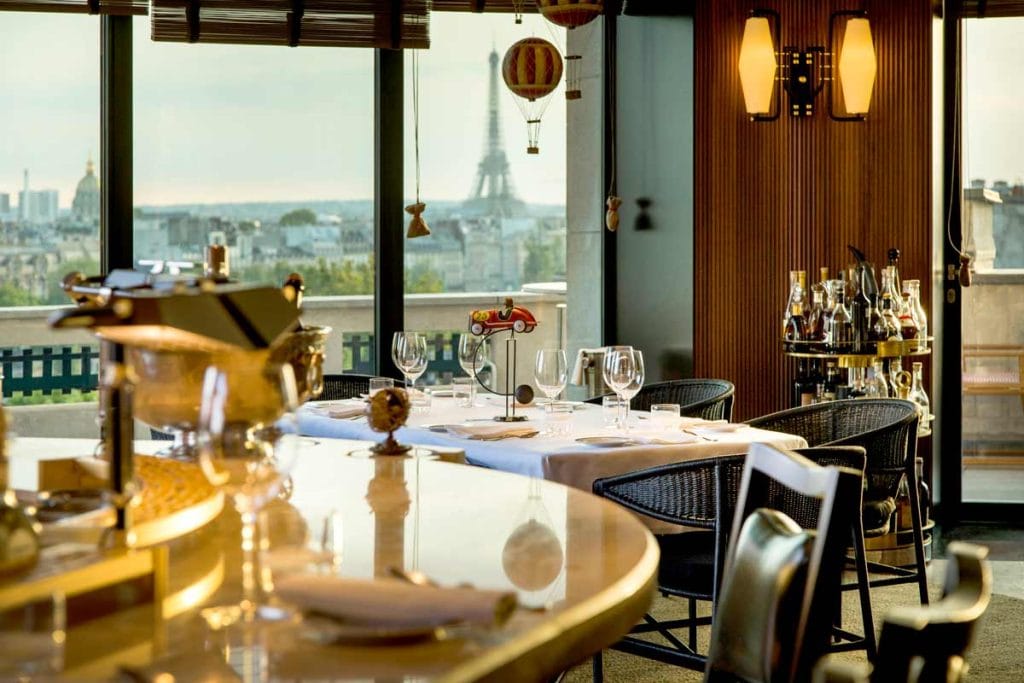
When will you open in London?
At the end of this year – we’ve had delays due to our usual obsessions.
Tell me, what exactly does Buonocore do at Langosteria?
Besides watching the numbers and checking in with managers to ensure everything works? I’m the creative lead – the soul behind everything we do.
Just that?
The other important part is making sure we never lose Langosteria’s DNA. Showing your team your talent and empathy is the only way to succeed. Trying to do it by dictating rules or processes, without interpreting and living them alongside your people, is sterile command. The world of dining is a grand theatre.
What’s that got to do with it?
It makes me laugh thinking of when I went to London to see Cats and was told it had been performed daily for years, twice a day. Aren’t we doing the same? We cook à la minute, serve, smile – and everything else in our lives, we have to leave outside.
A job for great actors…
I believe that at this level, those in this profession must be professional. This is no fallback – it’s hard, it requires immense effort and dedication. Those who do it should be happy and well-paid. I hope that in future the world realises that those who do hospitality well, those who create value, deserve to be protected. The national collective contract for hospitality in Italy is one of the most shameful things the country offers its workers – both in protections and costs – and that doesn’t help build professionalism in the sector.
Is it just an Italian problem?
In Paris, where we have a restaurant, the language around this is very different – thanks to major figures like Ducasse, Bocuse, Robuchon who brought the French language of organisation – and cuisine – to the world. Italy and Spain also have the potential to conquer new markets, especially now that the French are struggling – particularly in terms of culinary offerings. Langosteria’s goal is to become the most recognised Italian brand in the world.
You’ve many international projects – but not Rome. Why?
Right now, we have two locations outside Italy: St. Moritz and Paris. In ten years, that will be many more – but I only look for incredible projects in incredible cities to create Langosteria – not a bad copy. We’ve been offered Rome in every possible way – the other day I received yet another proposal. But at the moment, our dream is to take Langosteria global. And between a project in Rome or one in Madrid, New York, Los Angeles…
Shame…
I didn’t say we’ll never open – I said Rome isn’t a priority.
Do you ever get bad reviews?
I don’t read reviews – they make me angry. I see them in a monthly report my operations manager prepares. Our policy is “touch the table” – if a manager sees something wrong at a table, they must step in, change a disliked dish, not charge for it. But maybe don’t write that part.
Afraid everyone will ask for it?
Just joking. But in this way, you neutralise bad reviews. And if any still come, we tag that customer in our CRM (Customer Relationship Management), and next time, we know they weren’t satisfied.
Does it happen often?
We send an email daily to our guests inviting them to leave a review. Yet restaurants in Milan rarely get more than 8–10 Tripadvisor reviews per month. We get many on Google – but in the end, that’s 0.5% of customers.
Very few…
And you know why? If you go to the Louvre and don’t like the Mona Lisa, you don’t write about it – you think you’re the one who didn’t get it.

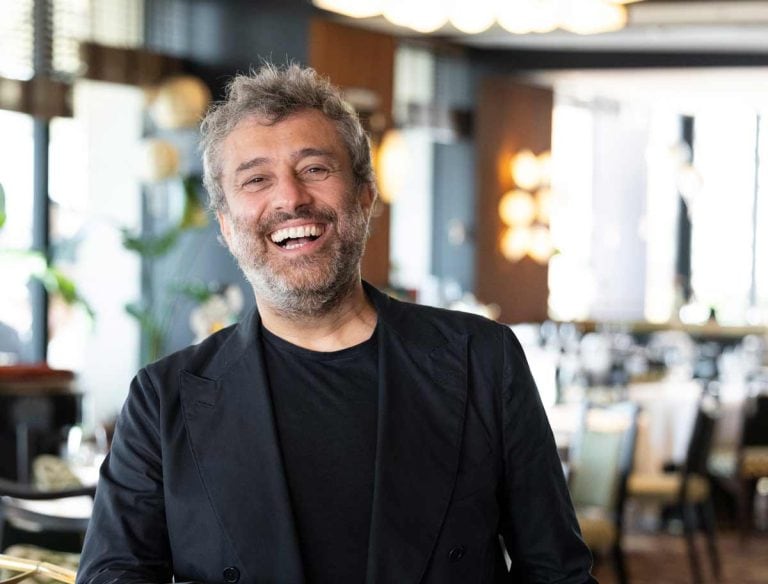
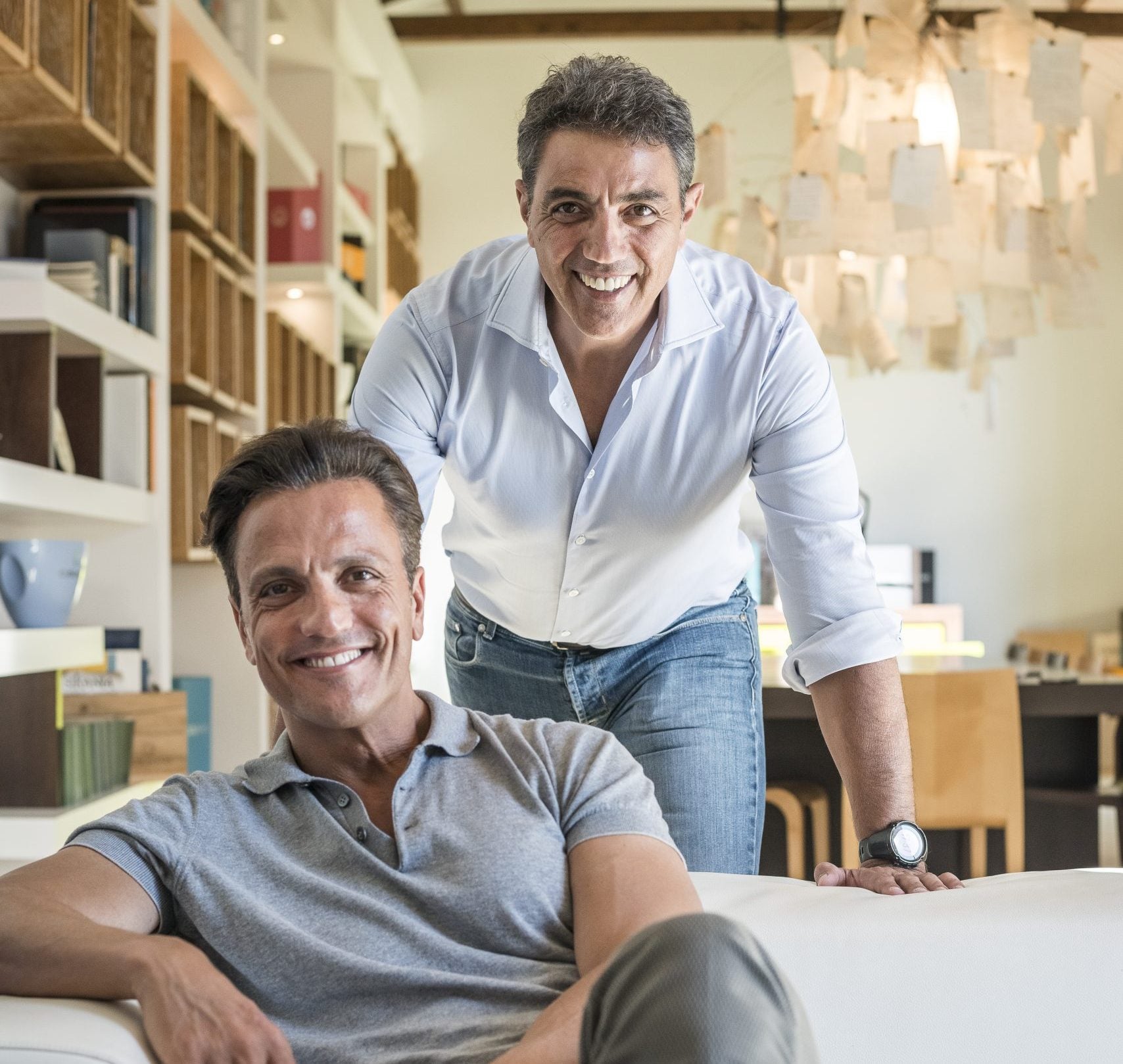 'You cannot imagine how magnetic Etna is!'
'You cannot imagine how magnetic Etna is!'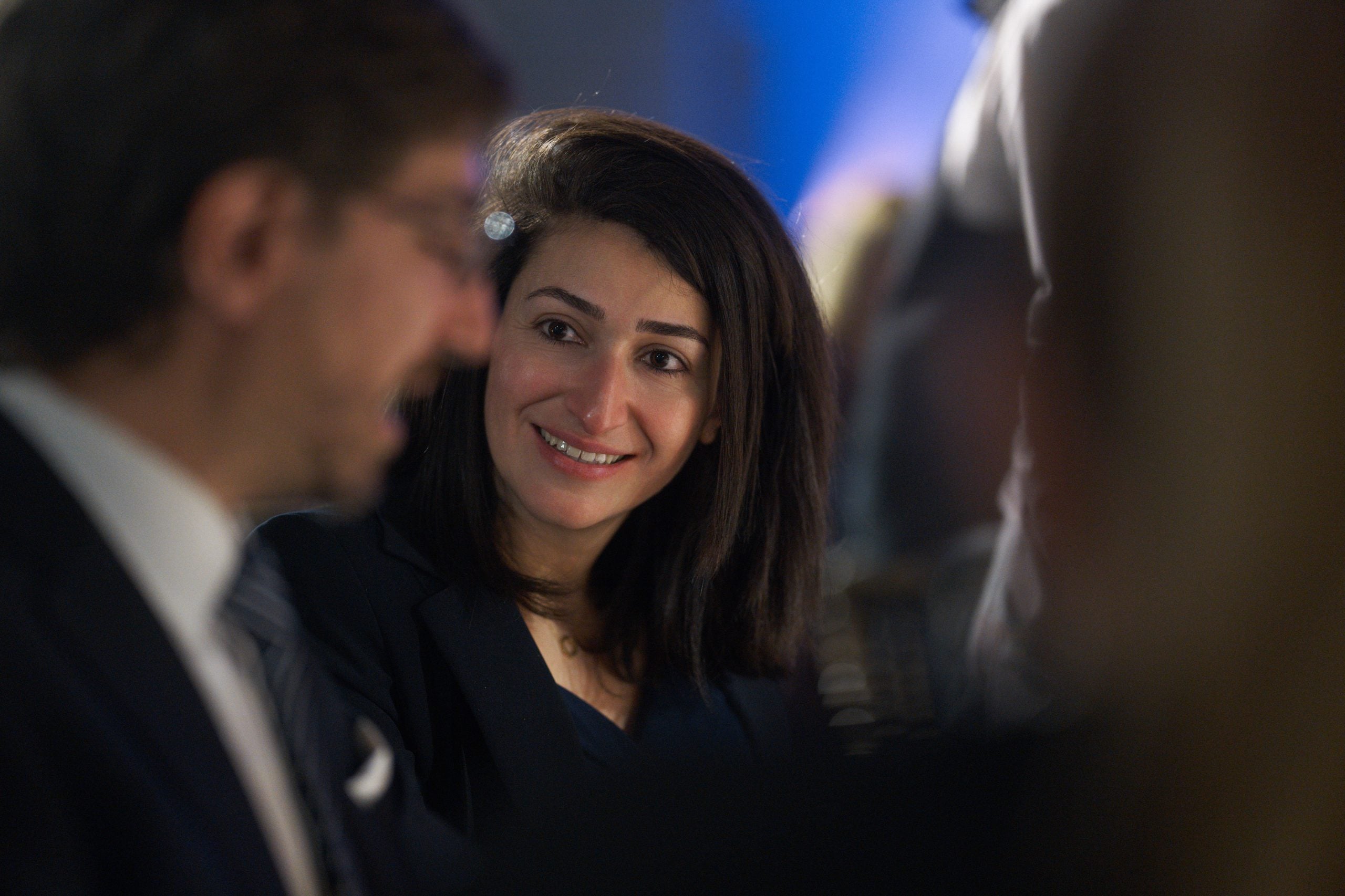 'To be the global platform, we must take everyone and everything into account'
'To be the global platform, we must take everyone and everything into account'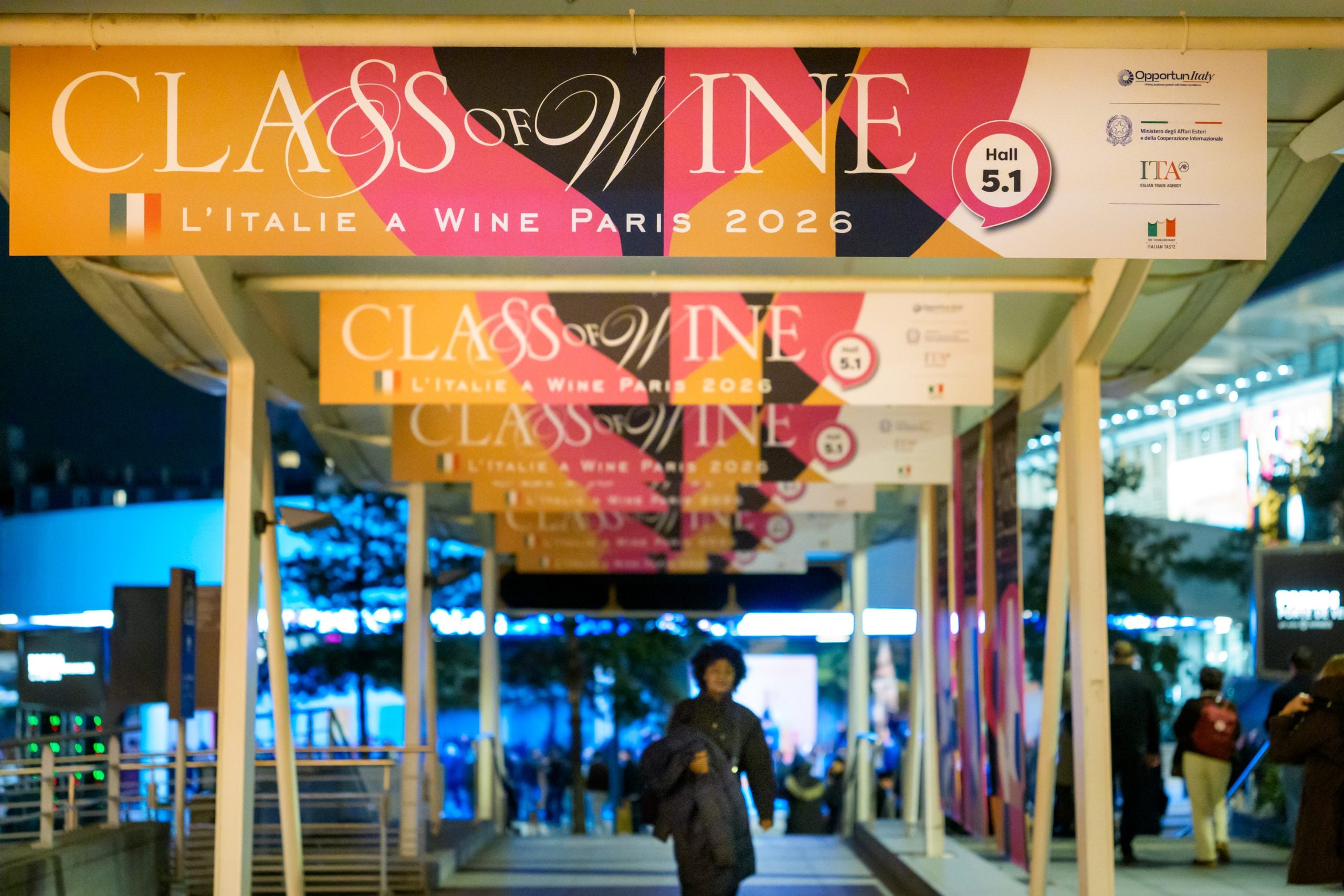 What did Italian producers think of Wine Paris 2026?
What did Italian producers think of Wine Paris 2026?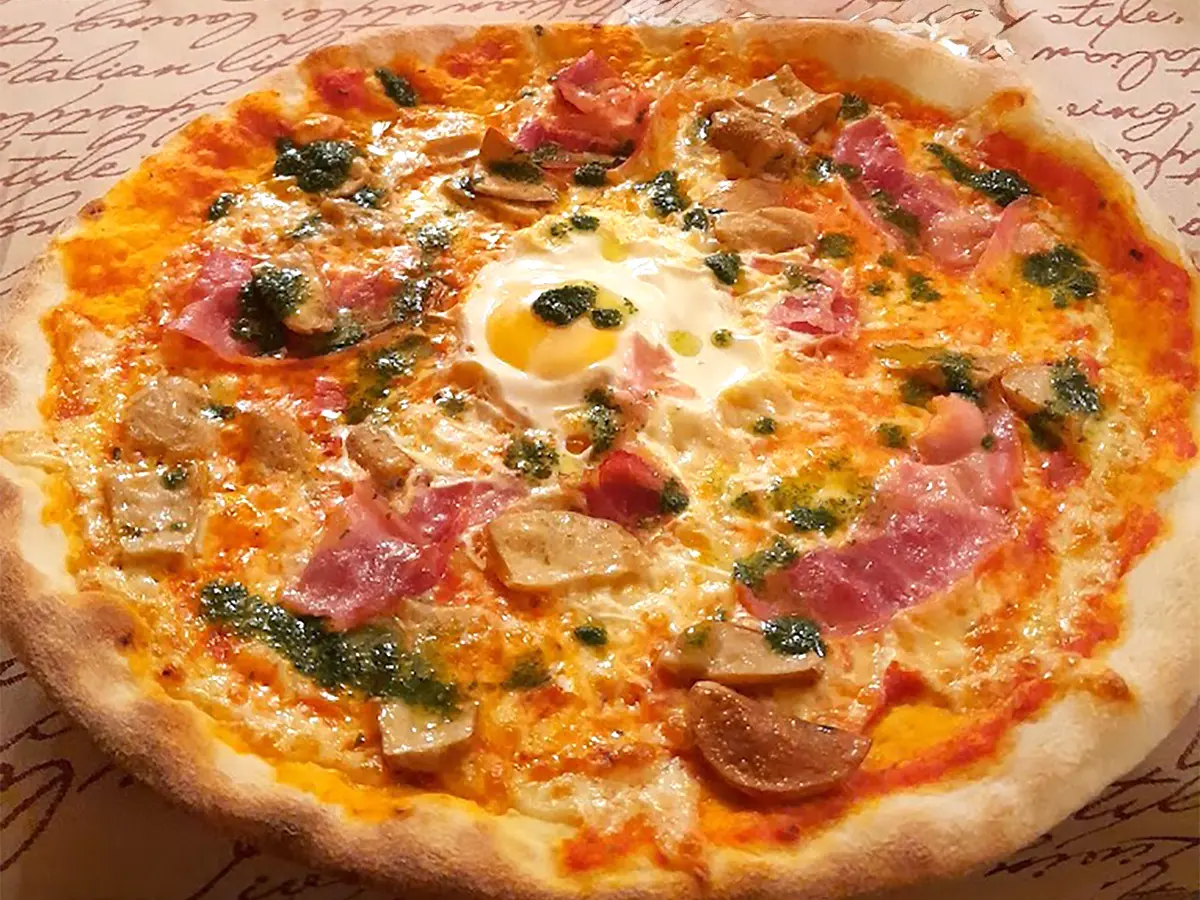 The pizza that’s taking the Winter Olympics by storm
The pizza that’s taking the Winter Olympics by storm Where to eat in Central Rome (while avoiding the tourist traps)
Where to eat in Central Rome (while avoiding the tourist traps)